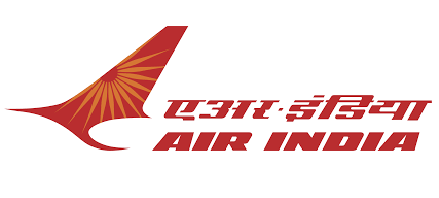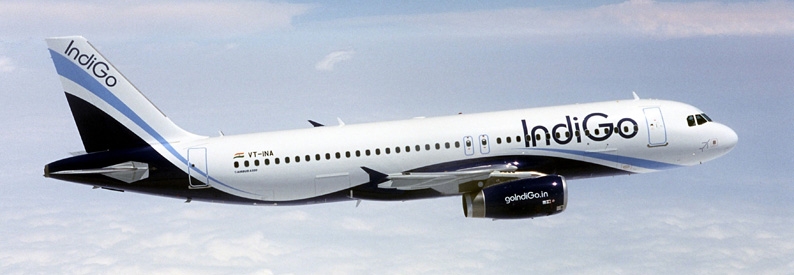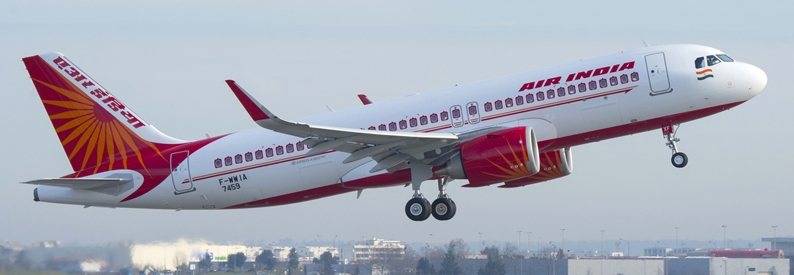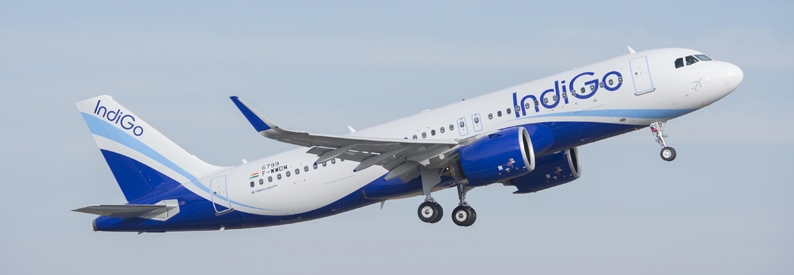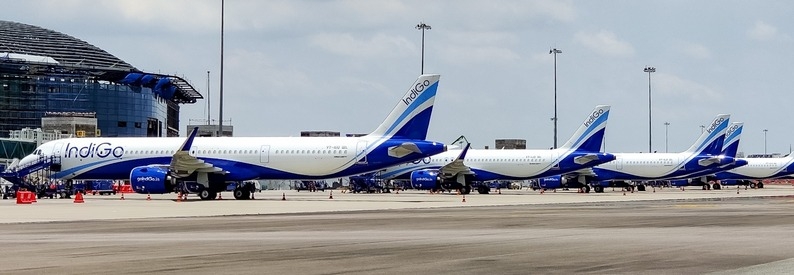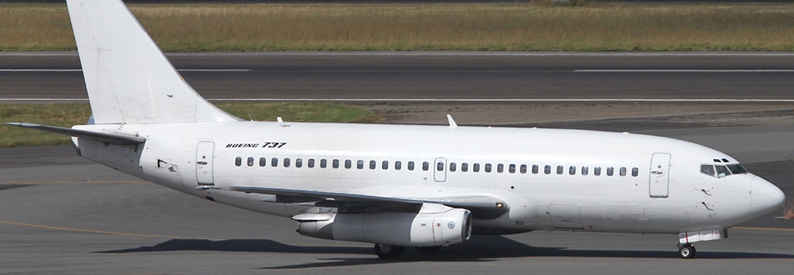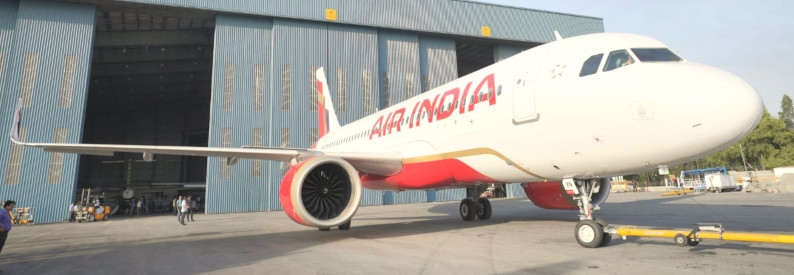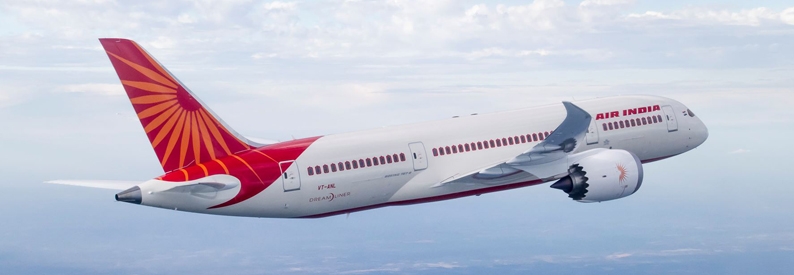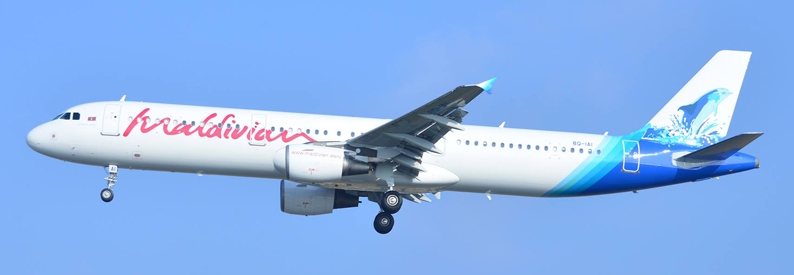Over three years after it first signalled its intention to divest itself of the loss-making carrier, Narendra Modi's government has chosen Indian conglomerate Tata Group to outright acquire Air India (AI, Delhi International), its low-cost subsidiary Air India Express (IX, Delhi International), and a 50% stake in airport services and groundhandling firm Air India SATS.
In its announcement issued on Friday, October 8, 2021, the Indian Ministry of Finance said Talace Pvt. Ltd., a wholly-owned subsidiary of Tata Sons, had proven the better offer with its enterprise value of INR180 billion rupees (USD2.396 billion) versus INR150 billion (USD1.997 billion) as put forward by the other contender, a consortium led by SpiceJet's Ajay Singh.
In terms of the INR180 billion, Tata Group will pay the government INR27 billion (USD359.5 million) in cash for the assets themselves while the remaining INR153 billion (USD2.037 billion) will cover part of the airline's substantial debt pile. The transaction does not, however, include non-core assets such as land and buildings, valued at INR147.18 billion (USD1.96 billion), which will be transferred to the government's Air India Asset Holding Limited (AIAHL) company.
“At Tata Group, we are delighted to be declared as the winner of the bid for Air India," Natarajan Chandrasekaran, chairman of Tata Sons Pvt. Ltd., said in a statement. "This is a historic moment, and it will be a rare privilege for our group to own and operate the country’s flag bearer airline. It will be our endeavour to build a world-class airline that makes every Indian proud."
Chandrasekaran went on to pay homage to JRD Tata, who founded the airline in 1932 only to see it nationalised in 1953 by the government of Jawaharlal Nehru.
The next step will be to issue a Letter of Intent (LoI) and then sign a Share Purchase Agreement (SPA) within the coming week. Thereafter, various regulatory agencies will have to sign off on the deal including the Competition Commission of India (CCI), the Directorate General of Civil Aviation (DGCA), lessors, lenders, and other third parties. Should all these requirements be met, the deal is expected to close by December.
Sources close to Tata Group said the firm had been given assurances that 118 aircraft in Air India's and Air India Express's combined fleet of 141 will be airworthy when they assume control next year. The ch-aviation Commercial Aviation Aircraft Data module shows Air India's fleet entails twenty-one A319-100s (of which 11 are inactive), nine A320-200s (one inactive), twenty-seven A320-200Ns, twenty A321-200s (seven inactive), three B777-200LRs, fifteen B777-300ERs (five inactive), and twenty-seven B787-8s (eight inactive). Express's fleet meanwhile entails twenty-four B737-800s.
“They have been assured that fifty-eight Airbus A320 family planes, fourteen Boeing B777, and twenty-two B787 Dreamliners of AI and twenty-four B737s of AI Express [will be] in airworthy condition, a total of 118. The government will not spend on making AI’s grounded planes airworthy but more groundings won’t happen,” the sources said.
The sources added that over the next two years, in addition to its purchase price, Tata Group may have to spend around INR18 billion (USD239.6 million) on the 23 grounded jets in order to bring them back to serviceability and an additional INR12 billion (USD160 million) for cabin upgrades across the entire fleet.
“They want to upgrade the fleet in terms of passenger experience and have started work on that. The premium classes will be made very attractive and give foreign carriers a run for their money. Economy will also be refurbished,” the sources added.
Tata has yet to announce how it will proceed with its commercial aviation assets given it will have four airlines - including majority stakes in AirAsia India (Bengaluru International) and Vistara (Delhi International) - under its control. As previously reported, the mega conglomerate, whose revenue in 2020/1 reached INR7.7 trillion (USD103 billion), is said to be leaning towards a consolidated carrier holding.
- Type
- Base
- Aircraft
- Destinations
- Routes
- Daily Flights
